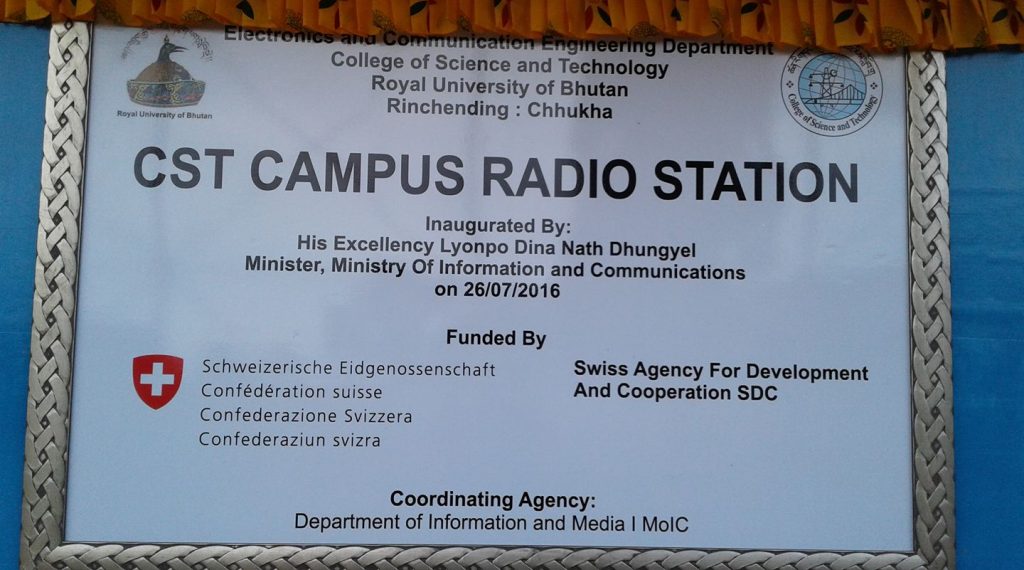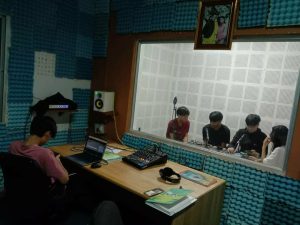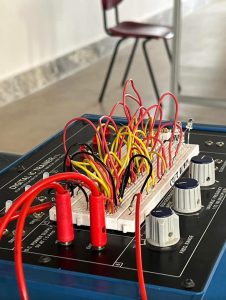
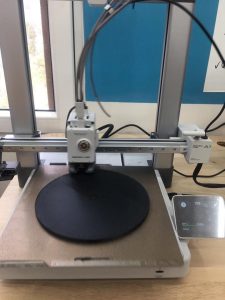
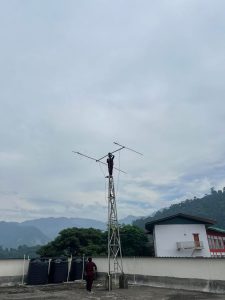
The BE in Electronics and Communication Engineering programme aims to develop necessary skills and creative abilities consistent with engineering design, communication and construction. The programme provides theoretical knowledge of modern design tools with practical skills to solve real-life problems that engineers will need to help create and enhance existing systems in electronics and communication engineering. The programme emphasises communication systems, analogue and digital circuits, and embedded systems, in contrast, to BE in Instrumentation and Control Engineering, which focuses on control methodologies, industrial instrumentation, and automation of dynamic processes and measurement.
Learning Outcomes of the Programme
Upon successful completion of the programme, graduates will be able to:
- Conduct experiments and investigate electronic components and communication system behaviour
- Identify, formulate and solve complex problems to achieve demonstrated conclusions using mathematical principles and engineering sciences
- Design, implement the electronic equipment, operate the telecommunication systems; manage, consult, and provide technical support on electronic and telecommunication products and projects
- Design system components that meet the requirement of public safety and offer solutions to the societal and environmental concerns
- Conduct research, have critical thinking and creativity, have ability to self-learning and study electronics and telecommunications
- Develop mathematical models, and deploy appropriate techniques and IT tools to design advanced control systems and associated instrumentation for problems
- Apply the contextual knowledge to assess societal, health, safety and cultural issues and endure the consequent responsibilities relevant to the professional engineering practice
- Collaborate effectively within teams applying effective oral, written and visual communication skills to present a coherent and sustained argument
- Plan and develop an independent research project that utilises appropriate research methodologies
- Apply entrepreneurial knowledge and skills to explore tech-based business opportunities and develop a business proposal for creating employment opportunities.
Programme Structure
Year 1
Semester I
MAT101 – Calculus and Infinite Series
PHY101 – Engineering Physics – I
CHE101 – Engineering Chemistry
DZG101 – Dzongkha
ACS101 – Academic Skills
EGP101 – Engineering Graphics
Semester II
MAT102 – Multivariate Calculus, Differential Equations and Matrices
EEM101 – Electrical and Electronics Engineering Material
TSM101 – Engineering Mechanics
CPL101 – Introduction to Programming
MGT401 – Project Management
EWP101 – Electrical Workshop Practice
Year 2
Semester I
MAT204 – Complex Analysis, Fourier Series and PDE
ISM201 – Instrumentation Systems
CKT201 – Circuit Theory-I
ECD201 – Electronic Circuits and Devices-I
ECD202 – Digital Electronics and Logic Design
Semester II
MAT209 – Transforms and Testing of Hypothesis
EFT201 – Electromagnetic Field Theory
CKT202 – Circuit Theory-II
ECD201 – Electronic Circuits and Devices-II
snp201 – Signals and Systems
Year 3
Semester I
ECD304 – Microprocessor and Microcontroller
CTE201 – Computer Organization and Architecture
MAT205 – Statistics and Theory of Probability
RFM301 – Antenna and Wave Propagation
SNP201 – Signals and Systems
Semester II
ECD305 – Electronic System Design
NWC201 – Computer Communication Networks
CTE202 – Data Structure and Algorithms
CME301 – Analog Communication Engineering
CTS401 – Control Systems
Year 4
Semester I
RFM402 – Radio Frequency and Microwave Engineering
ECD407 – VLSI Systems
PRW403 – Research Project
Major
Minor
Semester II
ECD408 – Embedded Systems
PRW402 – On the Job Training
PRW403 – Research Project
Major
Minor
Career Related Opportunities
The graduates are expected to be employed as:
- Communication Engineer/Officer
- Radio Frequency Engineer
- Network Planning Officer/Network Engineer
- Telecom Support Engineer
- Desktop Support Engineer
- Electronics Engineer
- Control Systems Engineer
- Systems Engineer
- Electronics Design Engineer/ PCB Designer
- R&D Software Engineer
- Data Analyst
- Software Analyst
- Technical Product Manager
Laboratory Technician
Communication Laboratory
Radio Frequency and Microwave Laboratory
VLSI and Digital Signal Processing Laboratory
Electronic and Circuit Devices Laboratory
Digital Electronic & Logics and Microwave Laboratory
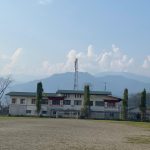

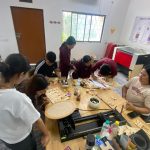

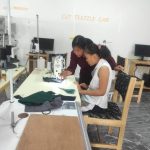
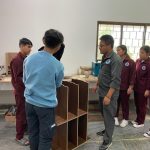
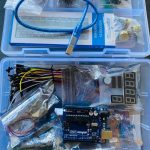

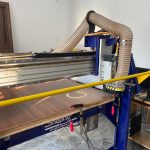
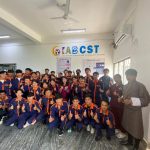
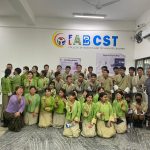
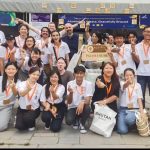

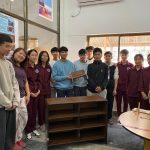


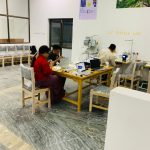
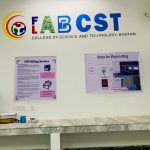

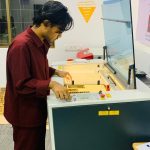
FabLab CST Phuentsholing is a CST–JICA Technical Cooperation Project on “Promotion of Technological Education and Diffusion through Digital Fabrication Laboratory” that gives students and young professionals a place to turn ideas into working prototypes. The lab was inaugurated on 22nd August 2022 equipped with 3D printers, a laser cutter, a shot bot, a CNC router, a sewing machine, an embroidery machine and a vinyl cutter, along with electronics tools. It also runs workshops and mentoring sessions that help learners build practical skills and explore engineering and creative design through hands-on work. It has become a useful hub for innovation within the College of Science and Technology and the wider community.
Lorem ipsum dolor sit amet, consectetur adipiscing elit. Ut elit tellus, luctus nec ullamcorper mattis, pulvinar dapibus leo.

